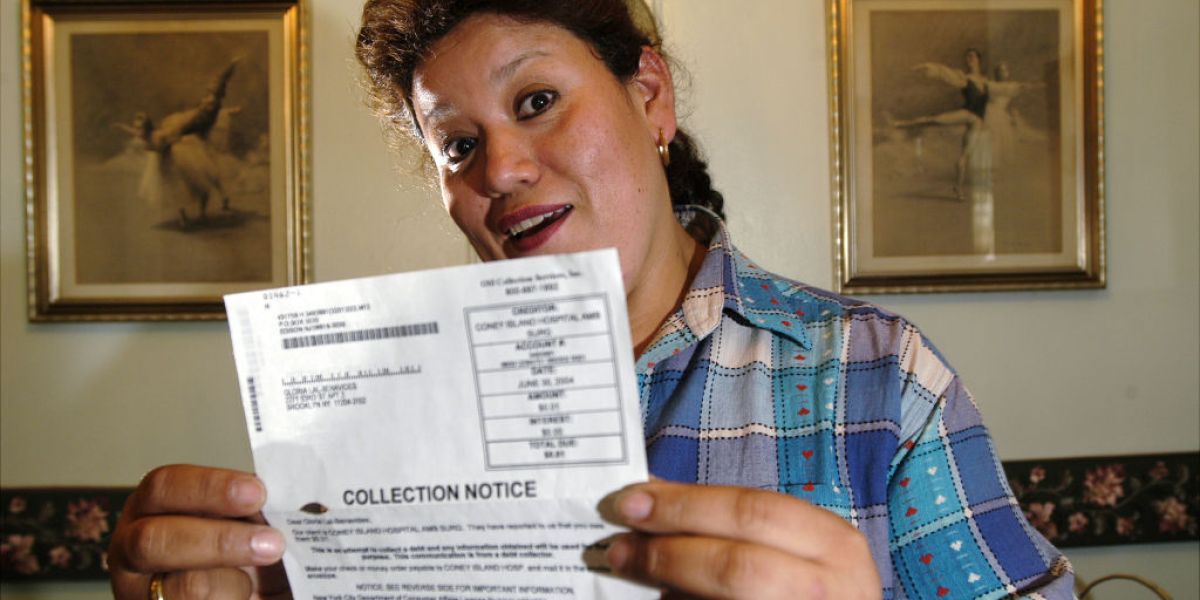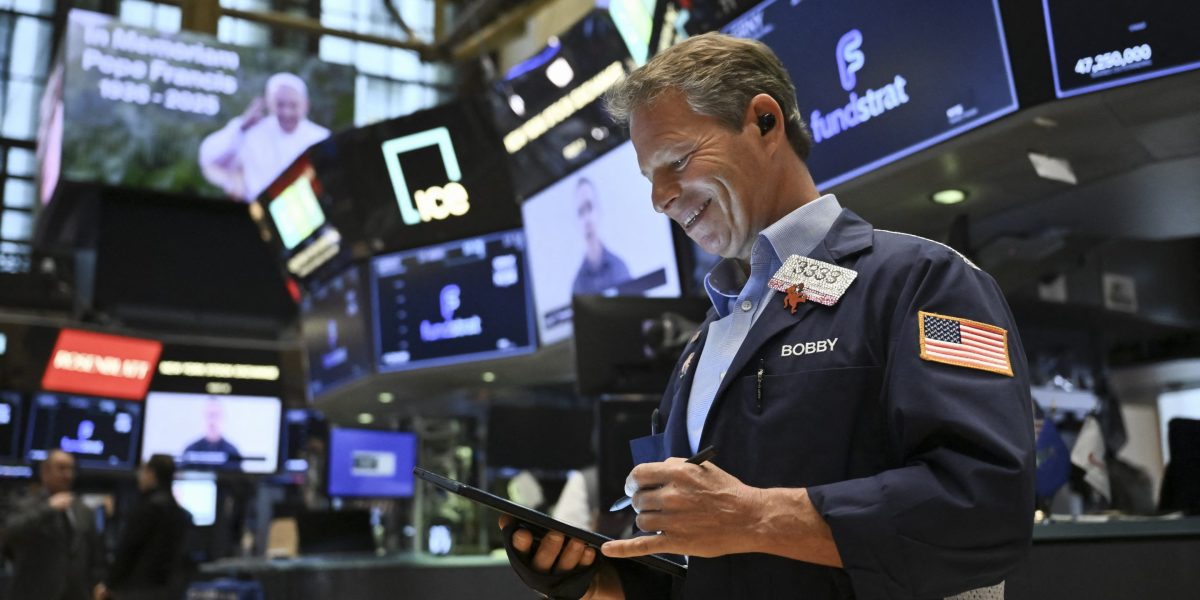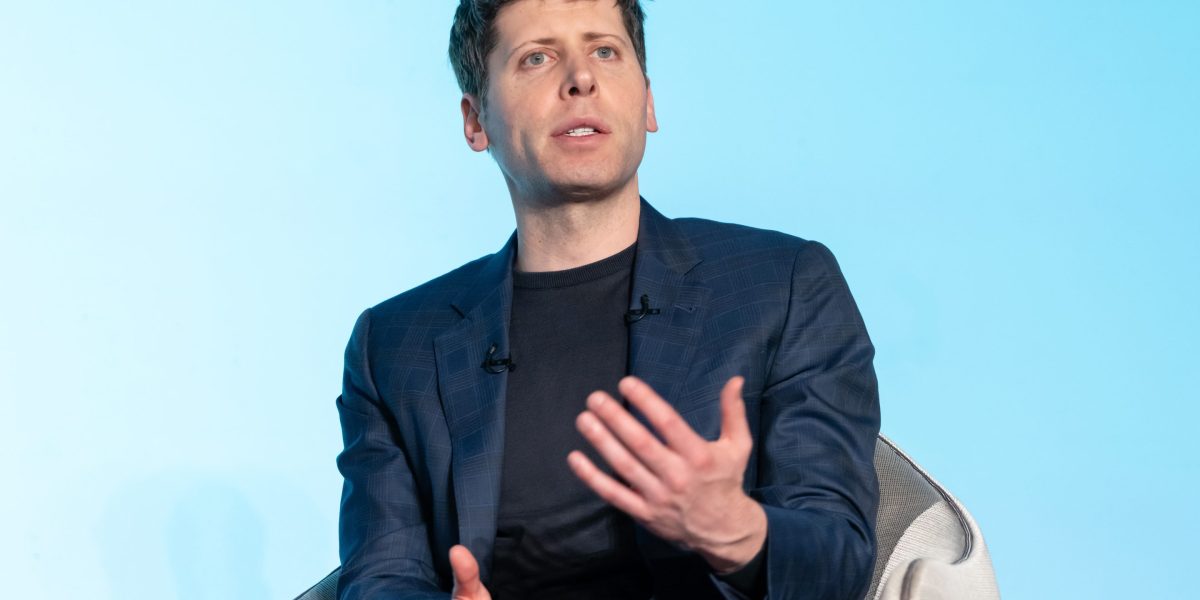More than 30 top experts—including nine former OpenAI employees—have urged the attorneys general of California and Delaware to intervene in OpenAI’s proposed restructuring, which would allow the company to buy itself out from under its nonprofit’s control. In an open letter, they warn that the move would eliminate key governance safeguards and endanger OpenAI’s founding mission to ensure that artificial general intelligence (AGI) “benefits all of humanity.”
The group, which also includes AI “godfather” Geoffrey Hinton, Hugging Face researcher and chief ethics scientist Margaret Mitchell, and Stuart Russell, computer science professor at UC Berkeley, published the open letter today on a website called Not For Private Gain and also shared the letter with OpenAI’s nonprofit board of directors.
The letter comes less than two weeks after twelve former OpenAI employees asked a federal judge for permission to weigh in on Elon Musk’s lawsuit against Sam Altman and the company. Harvard law professor Lawrence Lessig, who also signed the new open letter, filed the motion on behalf of the ex-employees, whose detailed amicus brief accuses OpenAI of abandoning its nonprofit roots and betraying the mission that originally attracted them to the organization.
The letter’s signatories include several ex-OpenAI employees who are also part of the amicus brief—Steven Adler, Jacob Hilton, Daniel Kokotajlo, Gretchen Krueger and Girish Sastry—as well as former OpenAI researchers Scott Aaronson, Ryan Lowe, Nisan Stiennon, and Anish Tondwalkar.
OpenAI is currently navigating increasing scrutiny around its efforts to escape control of its nonprofit. It must complete the restructuring by the end of the year to secure the full $40 billion funding round led by SoftBank, which was completed in March. Notably, it requires approval from California Attorney General Rob Bonta to execute its plan. Bonta oversees charitable organizations in the state to ensure that their assets are used in accordance with their original charitable purposes. It also requires approval from Delaware Attorney General, because OpenAI is incorporated as a nonprofit in Delaware (OpenAI, Inc.), which owns and governs the for-profit arm (OpenAI Global, LLC).
Other groups have commented publicly about OpenAI’s restructuring: Two weeks ago, a coalition of California nonprofits, foundations and labor groups urged California attorney general Rob Bonta to halt OpenAI’s efforts—with a focus on ensuring the nonprofit receives fair market value for the assets it gives up. The group bringing the new open letter, however, focuses on the fundamental issue of whether the restructuring, which would give up control of monitoring the development of artificial general intelligence, or AGI, would benefit the nonprofit’s original mission
In the open letter, the signatories argue that removing nonprofit control over how AGI is developed and governed would “violate the special fiduciary duty owed to the nonprofit’s beneficiaries” and “pose a palpable and identifiable threat” to OpenAI’s charitable purpose—calling it “contrary to the Certificate [of Incorporation].”
They warn that the proposed restructuring would strip California and Delaware’s attorneys general of their current oversight power, undermining their ability to “protect OpenAI’s beneficiaries: the public.”
To safeguard the public interest, the letter urges regulators to halt the restructuring, demand transparency, and ensure the nonprofit retains control—reminding them that OpenAI’s leadership itself emphasized the importance of those governance safeguards in 2023 to “ensure it remains focused on [its] long-term mission.”
In response to a request for comment, an OpenAI spokesperson shared the following statement: “Our Board has been very clear: our nonprofit will be strengthened and any changes to our existing structure would be in service of ensuring the broader public can benefit from AI. Our for-profit will be a public benefit corporation, similar to several other AI labs like Anthropic – where some of these former employees now work – and xAI, except that they do not support a nonprofit. This structure will continue to ensure that as the for-profit succeeds and grows, so too does the nonprofit, enabling us to achieve the mission.”
The spokesperson also referred to the OpenAI’s recently-launched nonprofit commission that will inform the company’s future philanthropic efforts, “maximizing impact for people and mission-driven organizations addressing critical global challenges—from health and education to public service and scientific discovery. We look forward to building on our work with their counsel.”
This story was originally featured on Fortune.com
Source link


 Politics8 years ago
Politics8 years ago
 Entertainment8 years ago
Entertainment8 years ago
 Entertainment8 years ago
Entertainment8 years ago
 Entertainment8 years ago
Entertainment8 years ago
 Tech8 years ago
Tech8 years ago
 Tech8 years ago
Tech8 years ago
 Tech8 years ago
Tech8 years ago
 Tech8 years ago
Tech8 years ago






